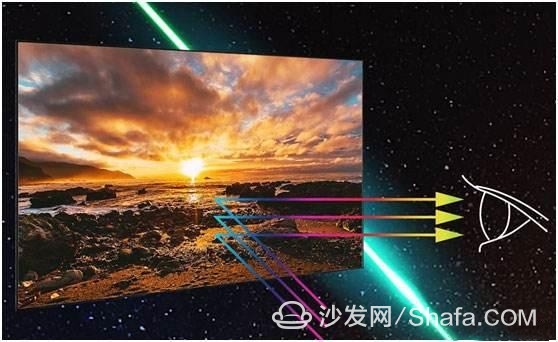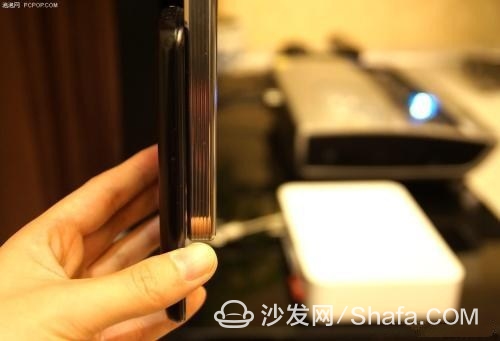Talk about the advantages and disadvantages of laser television. Which brand is more worthy of you?
In 2017, the television industry faced a general downturn due to various factors, but laser TVs experienced a sudden surge in popularity. Market sales for laser TVs grew by an impressive 226% year-on-year. With such rapid growth, many consumers are now asking: Is it worth considering a laser TV for your home?

First, let’s explore the key advantages of laser TVs. The technology behind laser TVs is similar to that of projectors, which is why many projector manufacturers have transitioned into the laser TV market. Additionally, several internet brands have also adopted this projection-based approach, launching so-called "laser projection TVs" to tap into what they see as a growing opportunity.

However, what sets laser TVs apart is their ultra-short focus feature. This allows them to project images as large as 100 inches or even bigger from just a few feet away. Laser light sources provide higher brightness and richer color performance compared to traditional projectors. Plus, most laser TVs come with built-in audio systems, offering an immersive viewing experience close to that of conventional TVs.
Laser TVs are not only easier to scale up in size but also more energy-efficient and healthier for long-term use. Compared to LCD TVs of the same size, they tend to be more cost-effective. Moreover, since they use diffuse reflection for image projection, they emit less radiation and consume less power, making them ideal for protecting children's eyesight.
Another major advantage is that laser TVs can display clear images even in daylight, unlike standard projectors that struggle with ambient light. This is made possible by the use of a special light curtain. The anti-light curtain absorbs excess ambient light while allowing the bright laser light to reflect clearly, ensuring a sharp and vivid picture regardless of the lighting conditions.

Currently, several brands offer laser TVs, but one of the most trusted names in the market is Hisense. Hisense has established itself as a leader in the domestic TV industry and now offers laser TVs in five different sizes: 80, 88, 100, 120, and 150 inches. Their products have successfully captured the high-end large-screen market, particularly in the 80-inch and above segment, where they hold a dominant position.

What sets Hisense apart is its extensive R&D capabilities. The company has applied for 320 core patents and maintains full control over the entire production process, from design to manufacturing. This gives them better cost and pricing control compared to many overseas competitors.
In terms of color performance, most laser TVs achieve an NTSC color gamut of over 85%. However, Hisense's dual-laser model exceeds this with an impressive 110% NTSC color gamut, far surpassing both standard LCD TVs and other laser TV models on the market.
In summary, when it comes to laser TVs, quality is the top priority. While other brands may differ in user interface and content offerings—such as Changhong’s AI-focused CHiQ TV or PPTV’s sports event partnerships—the core performance of Hisense’s laser TVs remains unmatched.
For more information on smart TVs and media boxes, visit Smart TV/box information, a leading platform in China for smart TV and TV box news, providing updates, reviews, and support for smart home entertainment solutions.


The principle of the light curtain involves a coating that absorbs strong light without completely blocking it. This way, the reflected light remains visible. In laser TVs, the high brightness of the projection, combined with the short distance to the curtain, ensures that ambient light is weak and easily absorbed, while the laser light is reduced but still visible.
Despite these benefits, there are some drawbacks to consider. First, the price of laser TVs is still significantly higher than that of LCD TVs—often 1-2 times more expensive. This makes them less accessible for average households. Second, because they require a large screen, they are best suited for homes with spacious walls or dedicated rooms, making them more of a luxury option.


Pcb Terminal Block,Pcb Barrier Terminal Blocks,Pcb Terminal Block Connector,Barrier Terminal Blocks And Connectors
Sichuan Xinlian electronic science and technology Company , https://www.sztmlch.com